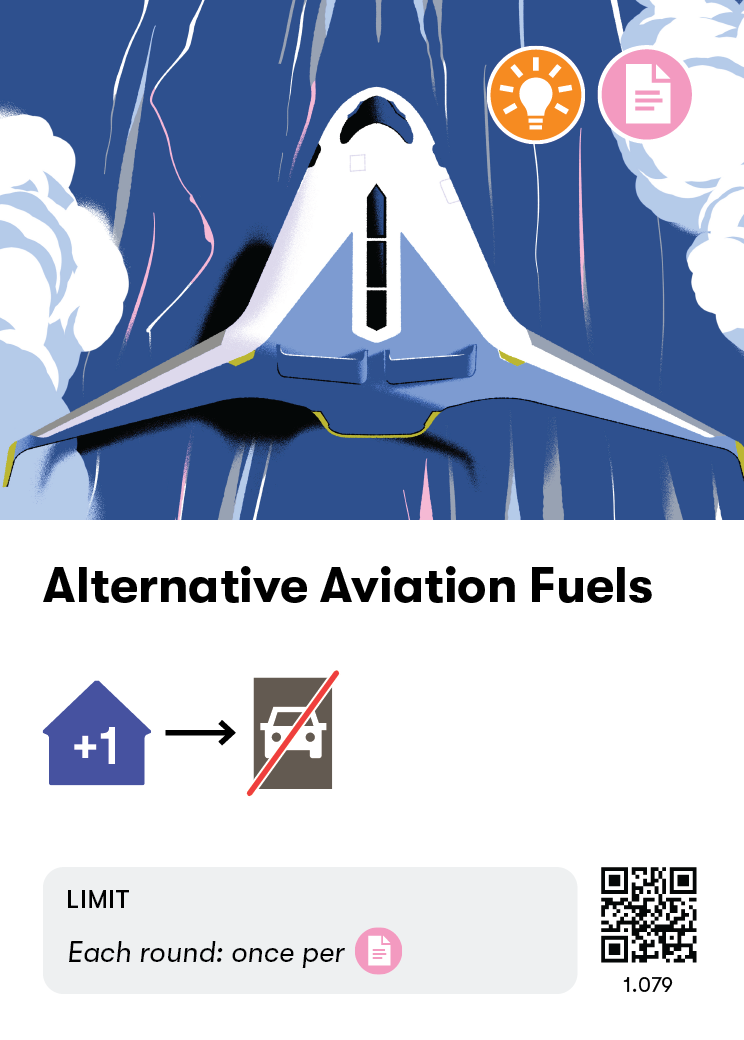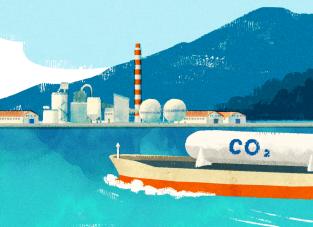Alternative Aviation Fuels
Local Project
Traveling by plane and using goods shipped by air are mainstays of life for many people today. Both, however, carry an outsized climate burden. Burning jet fuel not only produces greenhouse gas emissions, it also contributes to the climate emergency in the form of atmosphere-altering soot, nitrous oxides and contrails. Humans and freight air travel each year is responsible for 4% of humanity’s total climate-warming impact.
Cutting back on flying is the most important way to eliminate these emissions. The vast majority of flights are taken by wealthy individuals and for work travel, so frequent flier levies and bans on short haul flights are essential, coupled with investment in rail infrastructure and decent, affordable public transport options. Goods should be shipped by boat instead of plane where possible.
There is ongoing research into developing chemicals made from renewable materials that can substitute conventional jet fuel. Options being tested include biofuels made from plants, jet fuel made from industrial waste, and hydrogen fuel produced from zero-emissions electricity sources.
Alternative fuels are currently far more expensive than conventional fossil-based fuels. There are also numerous technical hurdles that need to be overcome to adopt them commercially — with safety, of course, being paramount.
When you take this action, increase your Energy Demand by 1 and remove 1 Transportation Emissions token from your player board.
You may take this action once per Regulation tag in this card's stack each round.

Efficient Aviation (Project Drawdown)
Aviation (International Energy Agency)
Aviation Fuel (Wikipedia)
A Frequent Flyer Levy (Possible)
Avoid flying, take holidays close to home and get your employer to let you take the train.
Learn more about and campaign for a frequent-flier levy, and encourage policymakers to ban short-haul flights when a train alternative exists.
Campaign for politicians to publish plans for the decarbonisation of flying and push back on airport expansion initiatives while these are not in place.
Call for better international and domestic rail infrastructure and affordable, effective public transport networks to help people to travel by land. When run and subsidized by governments these can be designed to ensure fair fares and decent coverage.



